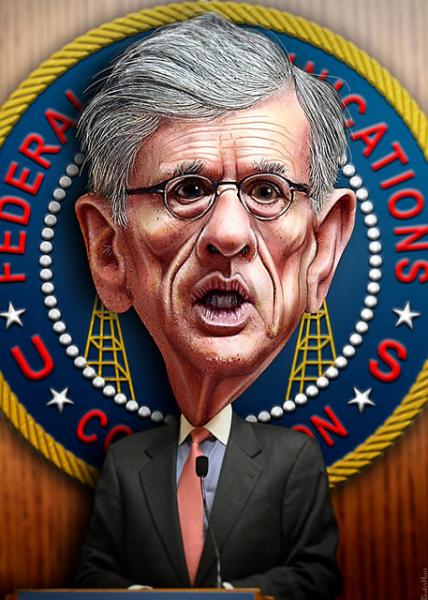
The FCC is currently deliberating over whether it should reclassify broadband service as a public utility under Title II of the Communications Act of 1934, a move that would raise taxes for close to 90% of Americans, discourage innovation and investment in broadband infrastructure, and could make internet access prohibitively expensive for many of those who already struggle to afford it. ATR’s Grover Norquist and Patrick Gleason break down the costs for the average taxpayer in their Reuters piece:
Under this decision to reclassify broadband, Americans would face a host of new state and local taxes and fees that apply to public utilities. These new levies, according to the Progressive Policy Institute (PPI), would total $15 billion annually. On average, consumers would pay an additional $67 for landline broadband, and $72 for mobile broadband each year, according to PPI’s calculations, with charges varying from state to state.
Not only would reclassification under Title II make internet access even more costly, Norquist and Gleason also point out the potential consequences for the economy as a whole, as well as the disincentives for investment and innovation that this New Deal-era regulation would impose.
The telecommunications industry has invested more than $1.2 trillion on broadband infrastructure since 1996. As a result, roughly 87 percent of Americans have access to broadband. It would be foolish for government to discourage the significant investment required to maintain, expand and improve this infrastructure by subjecting broadband to circa 1930s regulation. Subjecting Internet service providers to such onerous rules would depress innovation and penalize Web users. Not only would higher taxes and fees leave individuals, families, and employers with less disposable income, a wealth of research indicates it would be bad for the economy.
The FCC is poised to make a final decision early this year. Let’s all hope they don’t choose in favor of crippling the internet and its users with new taxes and discouraged innovation.

